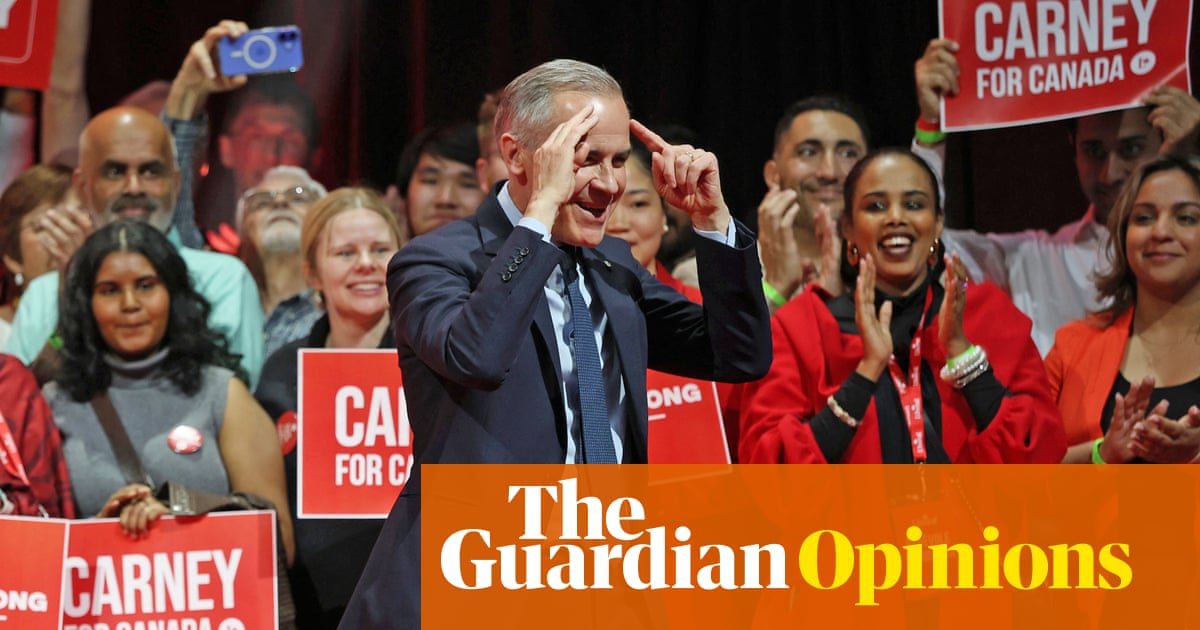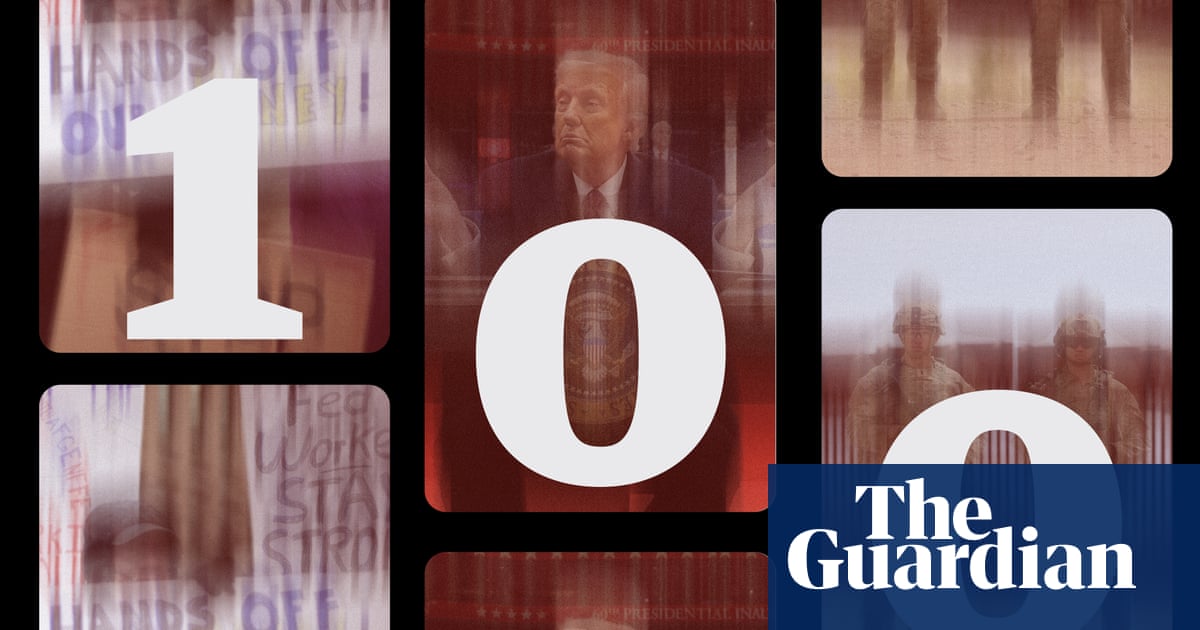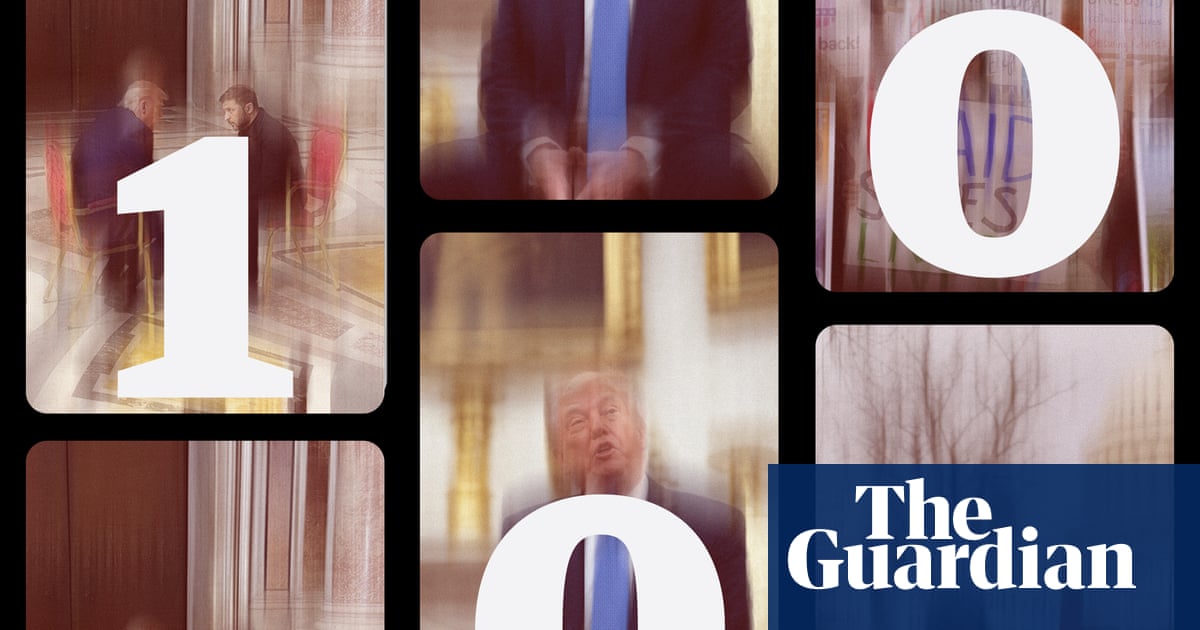Israel reacted with predictable outrage to the move last week by three European countries to formally recognize the state of Palestine. The foreign minister accused Ireland, Norway and Spain of “being complicit in inciting genocide against Jews”, recalled Israel’s ambassadors from Dublin, Oslo and Madrid, and reprimanded their representatives in Tel Aviv.
Yet only a decade ago, Israel itself was insisting on recognition – from the Palestinians.
It was an often ignored moment in a long-forgotten round of peace negotiations that went nowhere, but it offers a crucial lesson about the century-old Israeli-Palestinian conflict: the only way forward is forward.
That’s one thing I’m certain of after a dozen years of intensely covering this saga, first as Jerusalem bureau chief of the New York Times and now as editor-in-chief of the leading American Jewish news outlet, the Forward. There is no hope for resolving the dueling historical narratives of the Holy Land. A peace agreement is possible only if it takes today as its starting point and focuses on the future.
A future in which Palestine and Israel exist side by side, recognized by each other and all the world as the nation-states of their respective peoples.
That’s the language that the Israeli prime minister, Benjamin Netanyahu, used back in 2013, when he elevated the idea of Palestinian recognition of Israel as the Jewish homeland to a top-tier concern.
It was a few months into talks brokered by the then US secretary of state, John Kerry, that most Middle East watchers never thought would go anywhere. It caught my attention because it was something new after years – decades – of stalemate in which the top priorities had always been how to divide the land, the fate of Palestinian refugees, the status of Jerusalem and security.
Suddenly, Netanyahu was talking about a different issue altogether. He had begun asking European leaders to declare Israel a Jewish homeland. And he wanted the Palestinians to do the same.
“The core of this conflict has never been borders and settlements – it’s about one thing: the persistent refusal to accept the Jewish state in any border,” he said in a video statement to the Saban Forum, a premier Washington DC gathering of US and Israeli leaders.
“We recognize that in peace there will be a nation-state for the Palestinian people,” Netanyahu added. “Surely we’re entitled to expect them to do the same.”
It seemed to me a major opportunity for the Palestinians. Imagine you’re selling a house, and have been haggling back and forth with the buyer on two things, price and closing date. After multiple rounds, the buyer suddenly announces that what they really want is for you, the seller, to support their bid to change the name of the street where the house sits.
You’d jump at the chance – you’re moving anyway, to your own new house and street, hopefully in a safe and friendly neighborhood. What do you care what they call the old place? The only question would be how much movement you can get in exchange on the previous sticking points, price and closing date, or whatever else matters most to you.
But that is not what the Palestinians did. Instead of looking forward, they looked back – a couple thousand years.
“I cou that,” Saeb Erekat, the longtime lead Palestinian negotiator, told me at the time. (Erekat died of Covid n 2020.) It would be denying, he said, “my history, my narrative, my story”.
Palestinians had responded similarly a year before, when their president, Mahmoud Abbas, said on Israeli television that he understood he would never go back to live in Safed, the city in Israel’s north where he was born in 1935, and fled with his family as Israel was established in 1948. Critics pounced on Abbas for giving up on Palestinian refugees’ yearning to return to Israel proper. But he was only saying what everyone already knew: that the only hope for ending the conflict was two states side by side.
Yes, the Israeli occupation of the West Bank would have to end, uprooting some Jewish settlers. But Palestinian refugees would have “the right of return” only to the West Bank and Gaza Strip, able to visit their ancestral homes inside Israel but not reclaim them.
The great Israeli author Yossi Klein Halevi told me at the time that he deeply appreciated Abbas’s concession. He understood that Abbas and other Palestinians believed the entire Holy Land belonged to them, and thus by saying he would never go back to Safed was giving up something profound and meaningful in exchange for the possibility of peace.
As a religious Jew, Halevi said, he believes that the whole land belongs to the Jewish people, including what he called “Judea and Samaria” – the biblical names for the West Bank. He was willing to give them up for the cause of peace, Halevi told me; he just wanted Palestinians to acknowledge that this was something profound and meaningful, too.
Recognition, it seems, is a two-way street. We all yearn to be seen, to have our sacrifices acknowledged, our identities affirmed.
A decade ago, when Netanayhu catapulted the issue of Palestinian recognition of Israel’s Jewishness to the top of his wish-list, skeptics dismissed it as a poison pill meant to scuttle the talks. They were probably right; it’s now beyond clear that the prime minister’s stated support of two states for two peoples was lip service at best.
But refusing to recognize Palestine will not make it disappear, just as avoiding acknowledgement of Israel’s essential Jewishness does not erase it.
In joining the 143 other countries that had already recognized Palestine, Spain’s prime minister said on Tuesday that the move had “a single goal, and that is to help Israelis and Palestinians achieve peace.” As the Irish leader, Simon Harris, put it: “You can’t say you’re in favor of a two-state solution and not recognize the very existence of two states.”
It’s time for the United States to join them, and for American Jews to lead the charge. Mutual recognition won’t end the devastating war in Gaza or outline who should control the territory afterward. It won’t return the 120-plus Israeli and other hostages still being held by Hamas terrorists to their families, or end antisemitism around the world. But it’s a place to start.
Only once Israel and Palestine recognize each other’s right to exist can they start talking about how to maintain safe and durable borders, resettle refugees and provide everyone reasonable access to the holy sites. The question is not who did what to whom in the past, but how they want to live, separately, in the future.
If we don’t recognize Palestine as a state alongside Israel, it only gives power to those whose chants “from the river to the sea” herald a hope for the Jewish state’s destruction. And if world leaders – including Abbas and other Palestinians – don’t recognize Israel as the nation-state of the Jewish people, it only eggs on the expansionist Israeli ideologues who want to rebuild settlements inside Gaza. Both are profoundly terrible ideas.
If Joe Biden wants to make history, he has to convince the Israelis and Palestinians to stop talking about history and start thinking about what comes next.
Jodi Rudoren is editor-in-chief of the Forward, the leading Jewish news outlet in the United States. She previously spent 21 years as a reporter and editor of the New York Times, including a stint as Jerusalem bureau chief, where she covered two Israel-Hamas wars in Gaza, in 2012 and 2014

 1 year ago
1 year ago
 (200 x 200 px).png)








 English (US) ·
English (US) ·